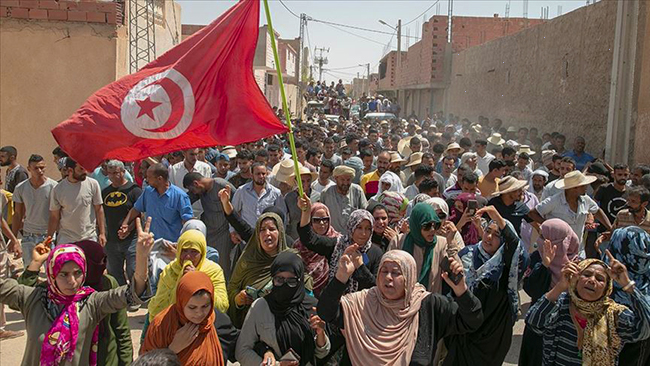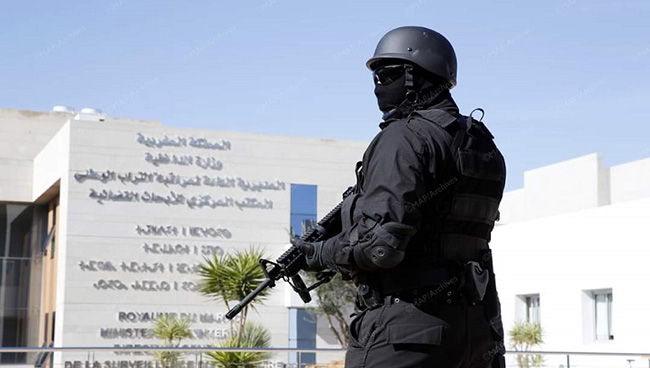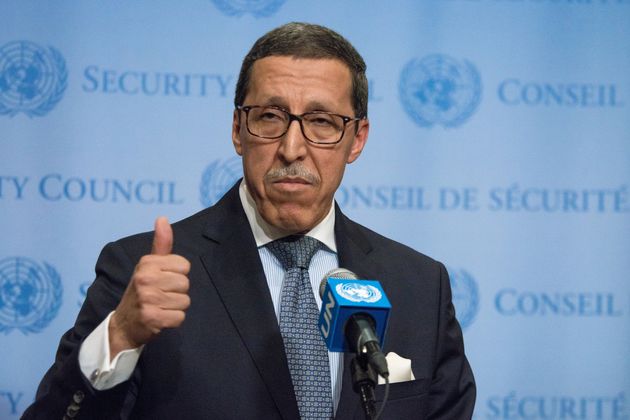Tunisians are voting to elect a new parliament on Saturday, to the backdrop of a soaring cost-of-living crisis and concerns of democracy backsliding in the North African country — the cradle of Arab Spring protests a decade ago.
Opposition parties — including the Salvation Front coalition that the popular Ennahda party is part of — are boycotting the polls because they say the vote is part of President Kais Saied’s efforts to consolidate power. The decision to boycott will likely lead to the next legislature being subservient to the president, whom critics accuse of authoritarian drift.
Polling stations opened at 8 a.m. (0700 GMT) and are scheduled to close at 6 p.m. (1700 GMT).
Parliament last met in July 2021. Saied then froze the legislature and dismissed his government after years of political deadlock and economic stagnation. He dissolved parliament in March. Since then, Saied, who was elected in 2019 and still enjoys the backing of more than half of the electorate, has also curbed the independence of the judiciary and weakened parliament’s powers.
In a referendum in July, Tunisians approved a constitution that hands broad executive powers to the president. Saied, who spearheaded the project and wrote the text himself, made full use of the mandate in September, changing the electoral law to diminish the role of political parties.
The new law reduces the number of member of the lower house of parliament from 217 to 161, who are now to be elected directly instead of via a party list. And lawmakers who “do not fulfil their roles” can be removed if 10% of their constituents lodge a formal request.
Critics say the electoral law reforms have hit women particularly hard. Only 127 women are among the 1,055 candidates running in Saturday’s election.
Saied’s critics accuse him of endangering the democratic process. But many others believe that scrapping the party lists puts individuals ahead of political parties and will improve elected officials’ accountability. They are exasperated with political elites, welcome their increasingly autocratic president’s political reforms and see the vote for a new parliament as a chance to solve their dire economic crisis.
Many believe their country’s decade-old democratic revolution has failed, a decade after Tunisia was the only nation to emerge from the Arab Spring protests with a democratic government.
The vote comes on the 12th anniversary of the event that sparked the Arab Spring — when a Tunisian fruit vendor, Mohamed Bouazizi, set himself on fire because of the dire economic situation under the long-time strongman rule of Zine El Abidine Ben Ali. He died weeks later. His act of desperation prompted protests that led to the dictator’s ouster and provoked similar uprisings around the Arab world.
Source: AP






